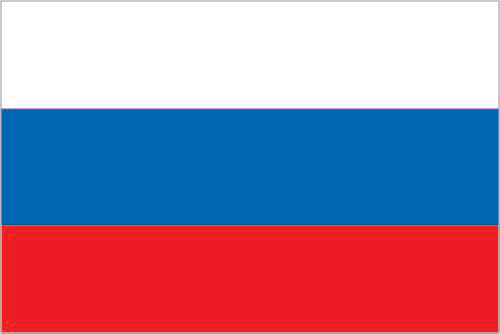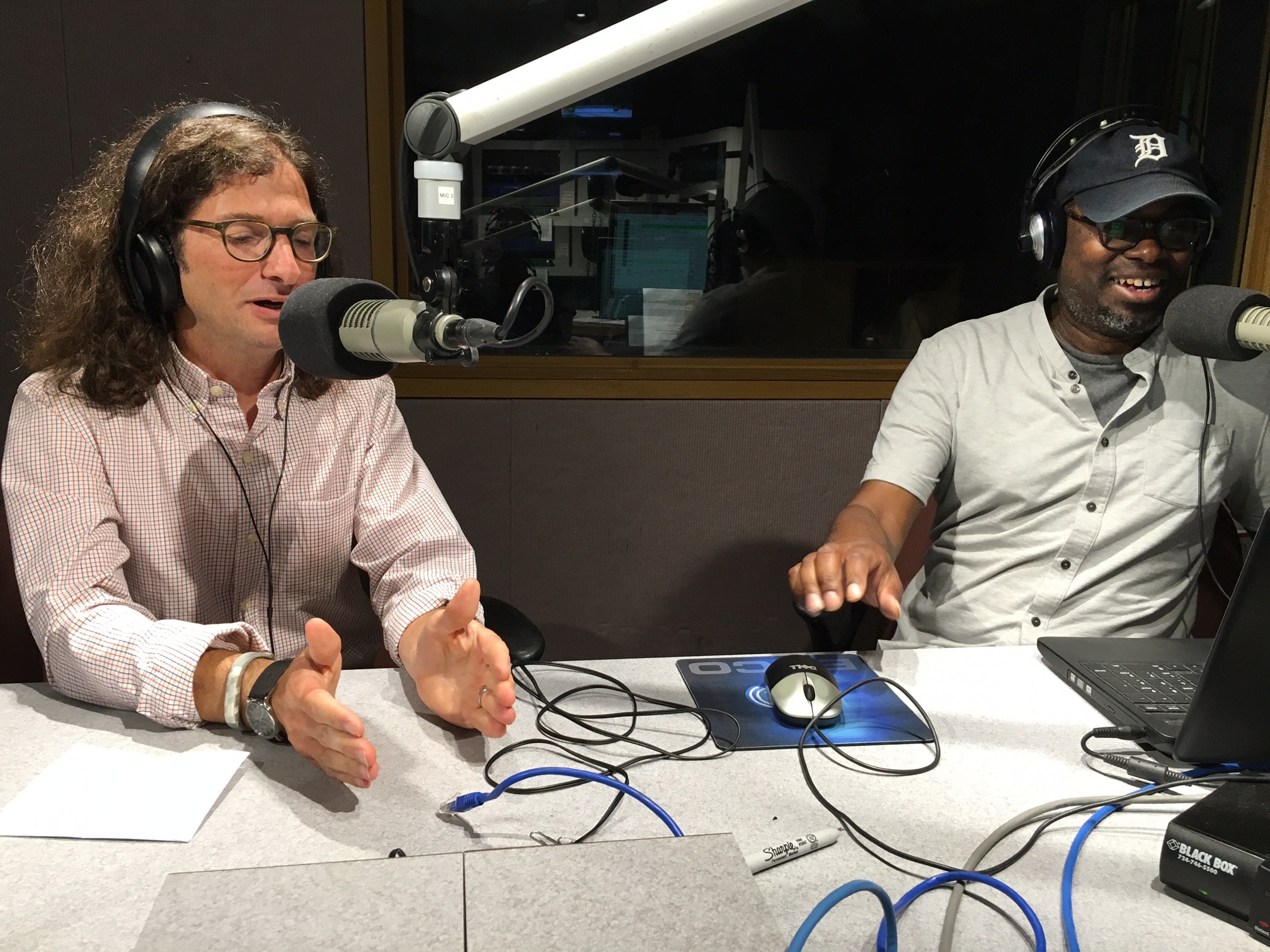Russia’s Role In The Olympics And The Presidential Election
Wayne State University professor of history Aaron Retish guides us through recent Russia-related headlines.

“The American media created this myth of ‘bromance’ between Trump and Putin,” says Retish. “Its not this mutual love. Instead it is more of an unrequited love of Trump to Putin”.

Last week the former director of the CIA said Donald Trump is setting himself up as an “unwitting agent” to Russian president Vladimir Putin. Trump has made clear in recent interviews that he has great admiration, but little understanding of Putin’s Russian foreign policy.
Aaron Retish, a history professor at Wayne State University with a specialization in Soviet and Russian history, joins Stephen Henderson on Detroit Today.
According to Retish, Trump’s argument to have a friendlier relationship rather than conflict with Russia is not new. As secretary of state, Democratic nominee Hillary Clinton proposed this idea.
Both President Bush and President Obama tried to get along with Putin; however, the relationship failed quickly with frustration. Retish says, “Putin is unscrupulous and untrustworthy”.
The Republican candidate has also said he wouldn’t feel beholden to maintaining the allied relationships in NATO if he were president. However, that commitment will play right into Putin’s attempts to bully his way into Ukraine, says Retish. Trump’s stance on “Russian foreign policy has been erroneous,” he says, and “all of these, in terms of American foreign polices, are things to be concerned about”.
Trump recently made false claims that Putin said he was brilliant. However, Putin actually called Trump “colorful” and “flamboyant”. Retish says, “the American media created this myth of ‘bromance’ between Trump and Putin… it’s not this mutual love, Instead it is more of an unrequited love of Trump to Putin”.
In other news, Russia’s controversy with doping and the 2016 Olympics crossed headlines. Many athletes are not competing presumably because they did not meet requirements for clean competition. Initially the entire Olympic squad was banned; however, currently 70% are participating in the games.
“So, the Russian state and the Russian media can say that they are both the victims of something of an unenforcable policy… and the victors,” says Retish.
To hear the full conversation, click on the audio player above.
